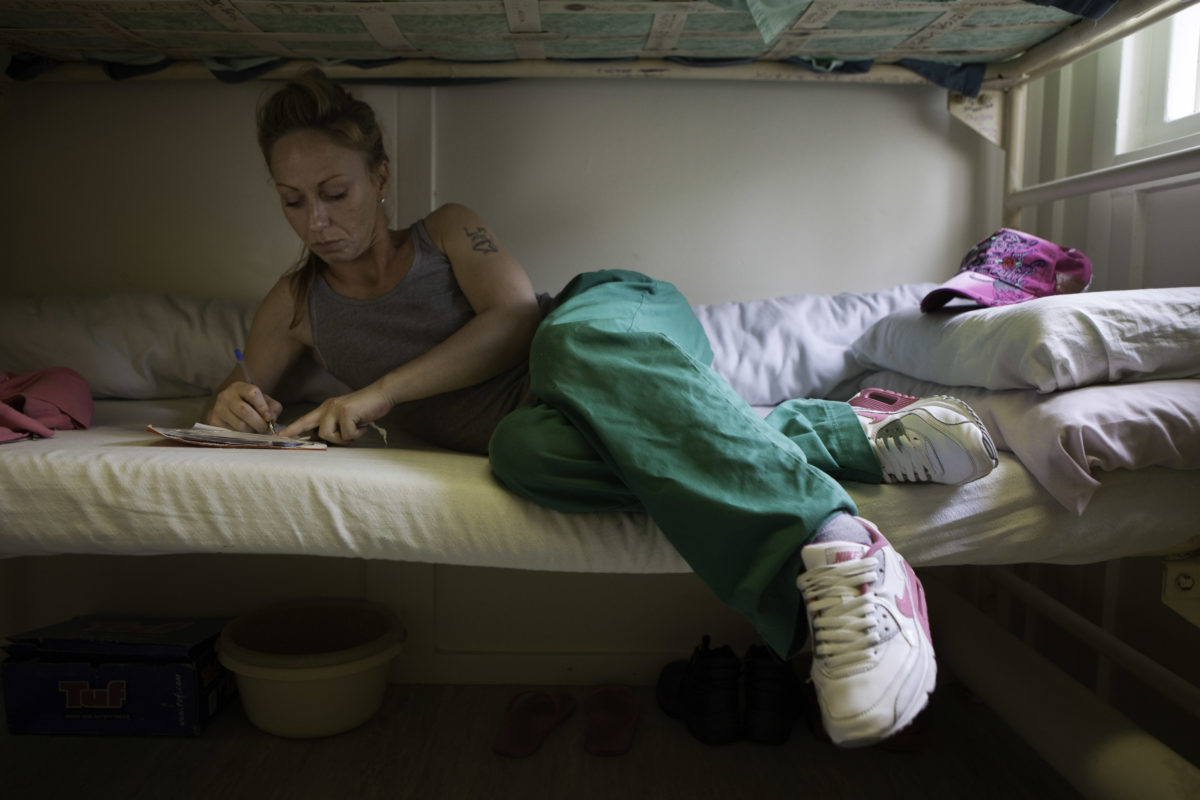The courts must consider the welfare of children when sentencing mothers, MPs have urged. The Joint Committee on Human Rights has drafted new clauses to the Police, Crime, Sentencing and Courts Bill in order to protect the right to family life of children when their mother is sentenced. ‘When a mother is sentenced to prison, children themselves receive their own sentence to serve,’ the report argues and sets out amendments to the Bill to give greater visibility to children when their mother is sentenced.
MPs and peers point out that it has raised the issue now over two parliaments. ‘Children are hidden from sight because there is no central or consistent way of collecting information on children whose mother is sentenced to prison,’ the report says. ‘This has serious implications for the support available to the separated mother and her children, and impedes the design of services that are vital to support these children and go some way to ensuring that their right to family life is not breached.’ Children’s voices are ‘too often ignored or not heard’ when their mother is sentenced, despite case law and guidelines that should ensure that their best interests and welfare are considered.
The committee points out that that the issue engages with the right to family life, protected under Article 8 of the European Convention of Human Rights as a well as the UN Convention on the Rights of the Child. Proposed amendments include requiring a judge to have a copy of a pre-sentence report when considering the impact of a custodial sentence on the dependent child.
In 2019, the committee called for change, including in prioritising data collection on the number of children whose mothers are in prison and increasing the visibility of children in the sentencing process. MPs and peers now argue that the new Police, Crime, Sentencing and Courts Bill is seen as an ‘opportunity’ for these areas to be addressed.
Despite Government promises in 2019 to ‘establish more accurate metrics to capture centrally the number of pregnant women and new mothers in custody’, the Committee notes their continued concern about the lack of data. ‘The Government’s insouciant approach continues to keep a group of children invisible,’ the report describes. The Committee proposes an amendment requiring the Secretary of State to collect and publish data on the number of prisoners who are primary carers of a child and the number of children who have a primary carer in custody.
The report also describes how the Committee ‘cannot see how the welfare… of children are being sufficiently considered’ if it is not prioritised in the sentencing of a parent. The Committee argues that judges can only ‘fulfil their obligation to weigh the Article 8 rights of a child when sentencing if they know that the child exists’ and recommend that during sentencing, enquiries should be made to establish whether the offender is the primary carer of a child. Whilst there have been some minor changes to sentencing guidance, there are ‘strong risks’ that this continues to be ‘too little to be effective’.
‘A young child’s separation from its mother when she’s sent to prison risks lifelong damage to that crucial relationship,’ commented Harriet Harman MP, chair of the Committee. ‘Yet, too often, the child is invisible in the court process. This must change. Most mothers who are in prison have committed non-violent crimes. And it’s appalling that there’s so little concern for children that the Government doesn’t even know how many children are suffering separation from their mother by imprisonment. There will be much backing from MPs from all parties for these law changes proposed by the Joint Committee on Human Rights.’







